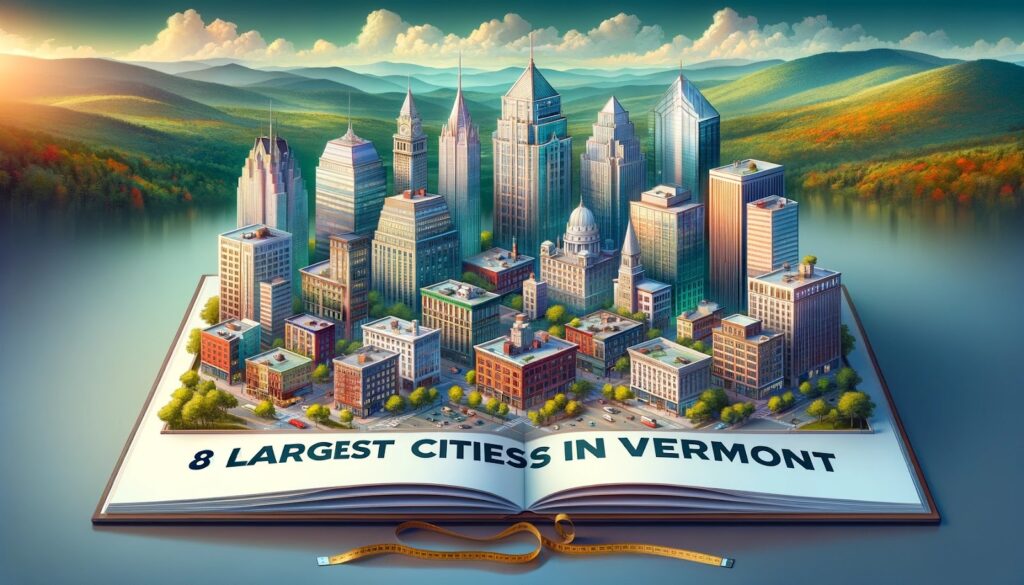
Vermont, a northeastern state known for its stunning scenery and close-knit communities, has a rich history dating back to the European colonization of North America. As one of the original thirteen colonies, Vermont played a crucial role in the American Revolution and was the first state to abolish slavery and join the Union. With a heavy reliance on dairy farming and a growing presence of craft brewers, artisanal food makers, and small-scale manufacturers, Vermont offers a unique blend of tradition and innovation. Its commitment to environmental sustainability, promotion of renewable energy, and abundance of natural attractions make it an appealing destination for tourists, hikers, and skiers alike. Despite being one of the smallest states in terms of population, Vermont is home to several notable cities. In this article, we will explore the eight largest cities in Vermont, delving into their histories, demographics, and unique characteristics.
1. Montpelier
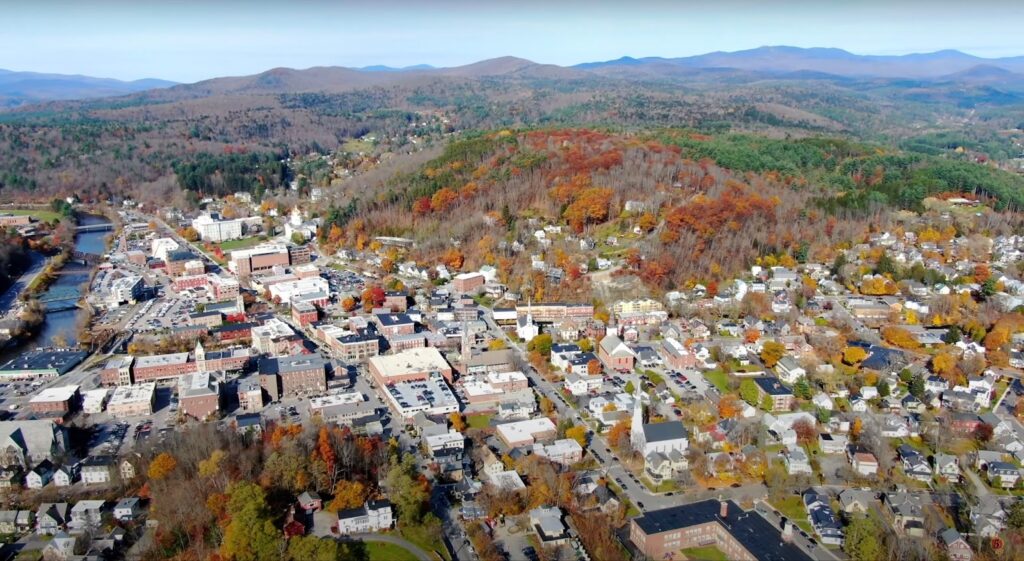
Montpelier, Vermont’s capital and the eighth-largest city, boasts a rich history and small-town charm in central Vermont. Founded in 1787, it holds the distinction of being the least populated state capital in the United States. The city’s historical significance is evident in its well-preserved architecture and landmarks, offering visitors a glimpse into Vermont’s past.
Demographics and Infrastructure
With a population of 8,118 and a population density of 807 per square mile, Montpelier covers a total area of 10.05 square miles. The city’s compact size contributes to its intimate community feel, while also making it easily navigable for residents and visitors alike.
Montpelier Demographics
| Category | Data |
|---|---|
| Population | 8,118 |
| Population Density | 807/sq mi |
| Total Area | 10.05 sq mi |
| Year Established | 1787 |
Cultural and Community Offerings
Despite its small size, Montpelier offers a vibrant cultural scene, with art galleries, music venues, and local festivals contributing to the city’s dynamic atmosphere. The community’s dedication to preserving its heritage and fostering artistic expression makes Montpelier a compelling destination for those seeking a blend of history and creativity.
2. Winooski
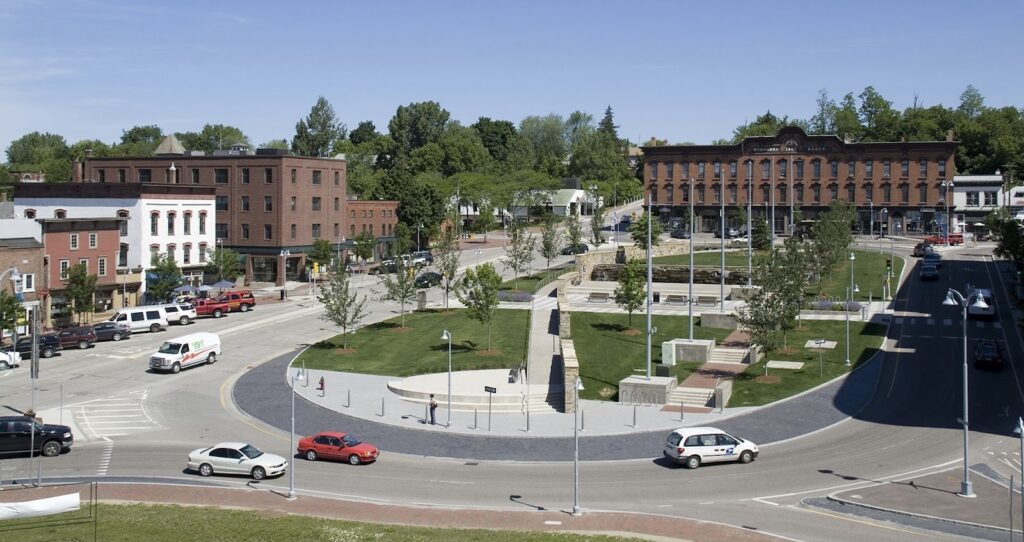
Winooski, a city located in Chittenden County, has undergone significant economic revitalization in recent years. Once known for its industrial heritage, the city has transformed into a hub for innovative businesses and diverse culinary experiences, attracting both residents and visitors alike.
Diversity and Community Integration
The city’s population of approximately 7,267 reflects a diverse community, with a range of cultural influences shaping Winooski’s identity. This diversity is celebrated through various community events and initiatives, fostering a sense of inclusivity and mutual respect among residents.
Winooski Community Events
- Annual Cultural Festival;
- Community Potluck Dinners;
- Neighborhood Clean-Up Initiatives.
Urban Planning and Sustainability
Winooski’s urban landscape is characterized by thoughtful planning and sustainable development practices. The city’s commitment to environmental stewardship is evident in its green spaces, pedestrian-friendly infrastructure, and efforts to promote eco-friendly transportation options.
3. Barre
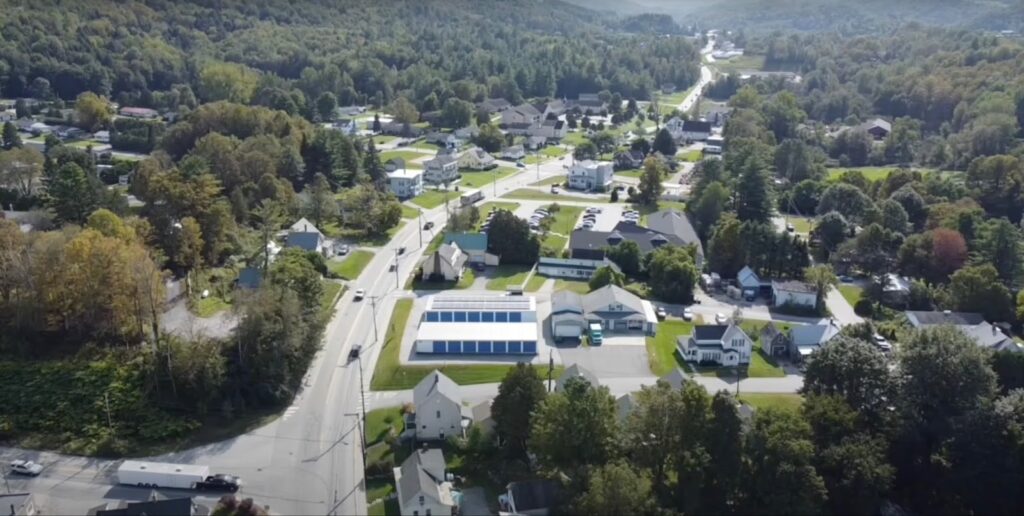
Barre, often referred to as the “Granite Center of the World,” has a storied history rooted in granite quarrying and craftsmanship. The city’s enduring connection to this industry is showcased through its architectural marvels and monuments, serving as a testament to the skill and dedication of its artisans.
Artistic Expression
In addition to its granite legacy, Barre has cultivated a thriving arts community, with numerous studios, galleries, and public art installations enriching the city’s cultural landscape. Residents and visitors alike have the opportunity to engage with a diverse array of artistic expressions, further enhancing the city’s appeal.
Barre Artistic Landscape
| Category | Data |
|---|---|
| Art Studios | 15 |
| Galleries | 8 |
| Public Art Installations | 20 |
Community Engagement
Barre’s tight-knit community actively participates in various civic and cultural activities, fostering a strong sense of belonging and camaraderie. Local events, volunteer initiatives, and communal gatherings contribute to the city’s warm and welcoming atmosphere.
4. Bennington
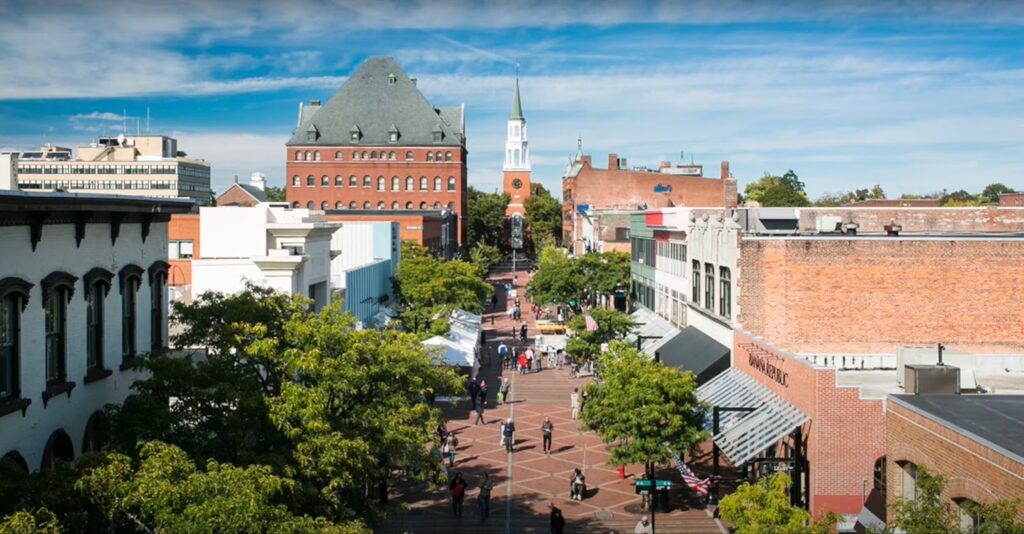
Bennington, situated in southwestern Vermont, is renowned for its wealth of historical landmarks, including preserved colonial-era buildings and sites of pivotal Revolutionary War events. These attractions offer visitors a captivating journey through the region’s past, providing insight into its role in shaping Vermont’s history.
Educational Institutions
The city is home to esteemed educational institutions, providing residents with access to quality learning opportunities and contributing to the intellectual vibrancy of the community. Bennington’s commitment to education underscores its dedication to nurturing future generations and fostering a culture of lifelong learning.
Bennington Educational Institutions
- Bennington College;
- Southern Vermont College;
- Mount Anthony Union High School.
Natural Beauty
Beyond its historical and educational offerings, Bennington is surrounded by picturesque landscapes, with verdant parks, scenic trails, and tranquil waterways inviting residents and visitors to immerse themselves in the region’s natural splendor.
5. Essex Junction
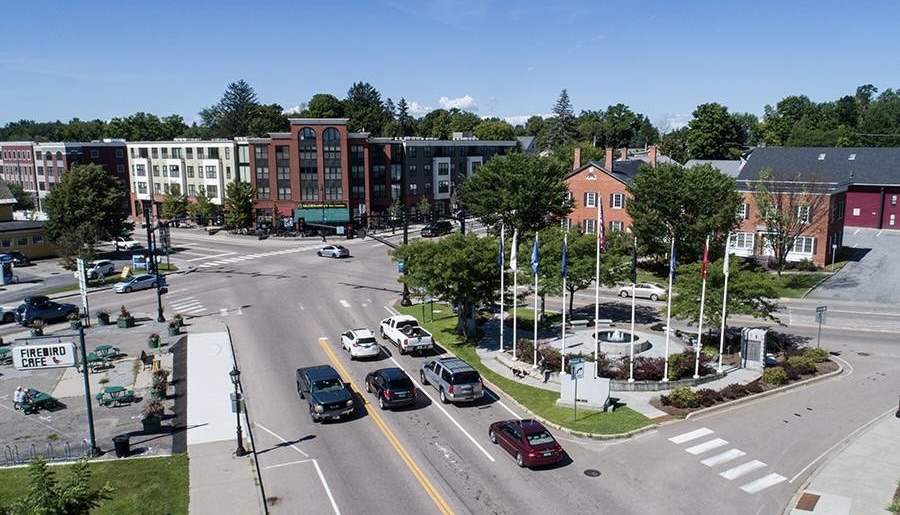
Essex Junction, located in Chittenden County, has emerged as a center for technological innovation, housing a concentration of high-tech companies and research facilities. The city’s forward-looking approach to technology has positioned it as a leader in fostering innovation and entrepreneurship.
Quality of Life
With a population of approximately 11,499, Essex Junction offers its residents a high quality of life, characterized by well-maintained public spaces, recreational amenities, and a strong sense of community. The city’s commitment to providing a conducive environment for its residents is reflected in its comprehensive services and infrastructure.
Essex Junction Quality of Life Indicators
| Category | Data |
|---|---|
| Parks and Recreation Facilities | 12 |
| Community Events | 50+ annually |
| Average Household Income (USD) | $75,000 |
Sustainable Practices
Essex Junction prioritizes sustainability, implementing initiatives aimed at reducing environmental impact and promoting eco-friendly practices. From renewable energy programs to waste management strategies, the city demonstrates a steadfast commitment to environmental responsibility.
6. Rutland
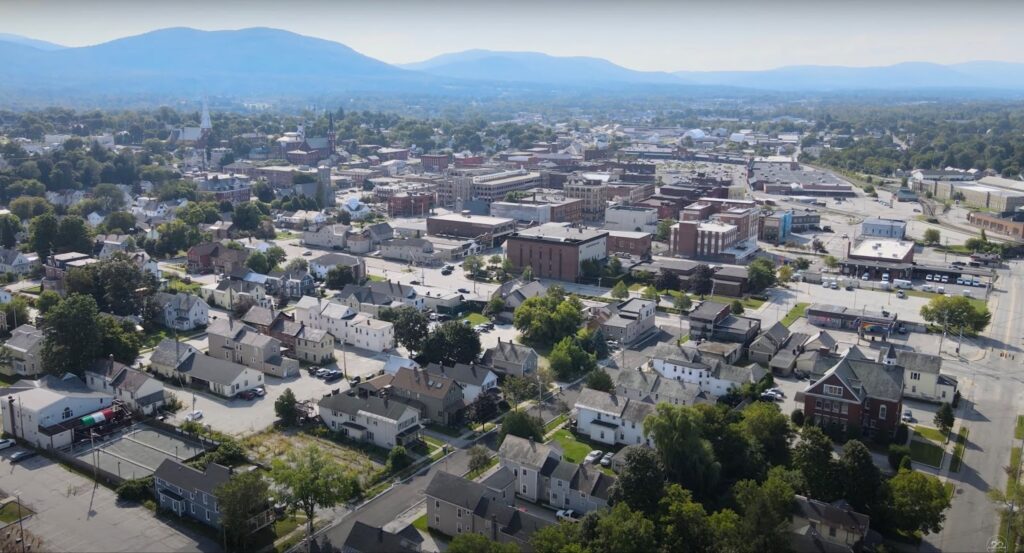
Rutland, the third-largest city in Vermont, boasts a diverse economy supported by a range of industries, including manufacturing, healthcare, and tourism. This economic diversity contributes to the city’s resilience and stability, creating opportunities for employment and business growth.
Community Revitalization
The city has undertaken extensive revitalization efforts, focusing on enhancing public spaces, preserving historic architecture, and fostering a vibrant downtown district. These initiatives have reinvigorated Rutland, creating a welcoming and attractive urban environment for residents and visitors alike.
Rutland Revitalization Projects
- Downtown Streetscape Enhancement;
- Historic Building Restoration Program;
- Public Art Installations.
Cultural Heritage
Rutland’s cultural heritage is celebrated through various events and festivals that showcase the city’s traditions, arts, and culinary delights. Residents take pride in preserving and sharing their cultural heritage, contributing to the city’s rich tapestry of traditions and customs.
7. South Burlington
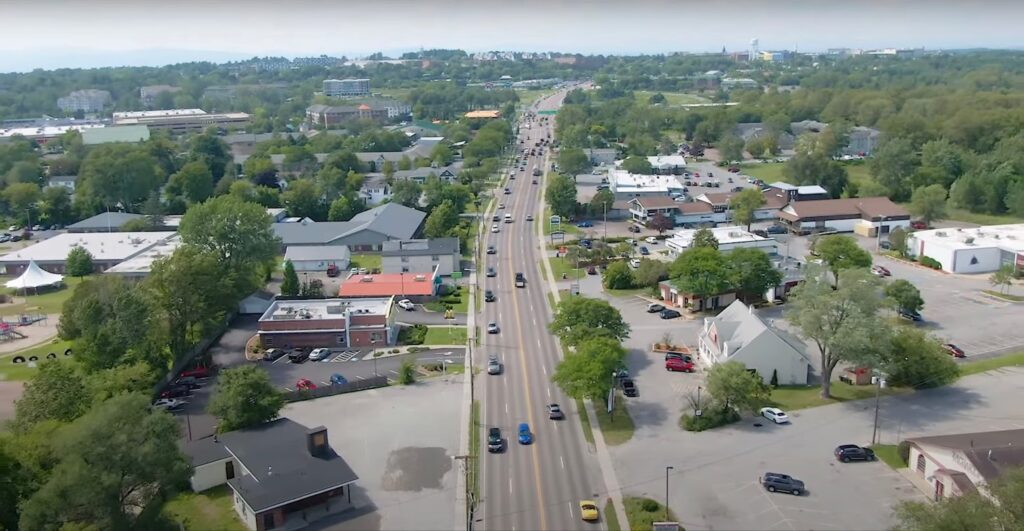
South Burlington serves as a major economic hub in Vermont, hosting a variety of commercial and retail establishments, as well as corporate offices and industrial facilities. The city’s strategic location and business-friendly environment have attracted a diverse array of enterprises, contributing to its economic vitality.
Recreational Opportunities
Amidst its bustling urban landscape, South Burlington offers an abundance of recreational opportunities, with expansive parks, waterfront areas, and outdoor facilities catering to the active lifestyles of residents. The city’s commitment to providing accessible recreational spaces enhances the well-being of its community.
South Burlington Recreational Facilities
| Category | Data |
|---|---|
| Parks | 10 |
| Waterfront Areas | 3 |
| Sports Fields | 15 |
Community Engagement
South Burlington’s residents actively engage in community initiatives and civic endeavors, fostering a strong sense of unity and collaboration. The city’s emphasis on community involvement and volunteerism strengthens social bonds and contributes to a thriving, interconnected society.
8. Burlington
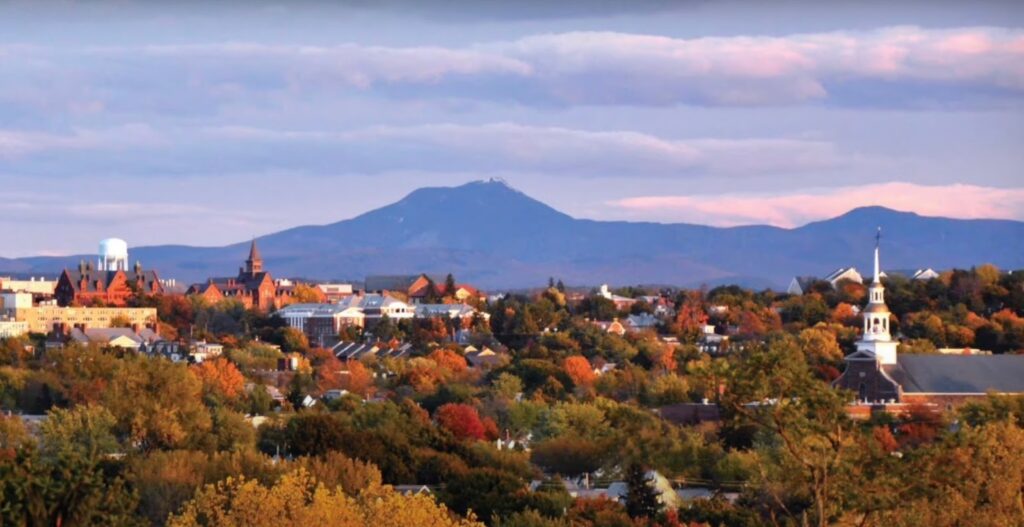
Burlington, Vermont’s largest city, exudes a vibrant cultural scene, with a diverse array of artistic performances, music venues, and culinary experiences. The city’s dynamic atmosphere is shaped by its eclectic mix of cultural influences, creating a lively and engaging urban environment.
Higher Education
Home to the University of Vermont and other prestigious institutions, Burlington enjoys a reputation as an academic and intellectual center. The presence of these educational establishments enriches the city’s cultural fabric and fosters a spirit of innovation and learning.
Burlington Cultural Offerings
- Music Festivals;
- Art Walks;
- Culinary Tours.
Environmental Stewardship
Burlington’s commitment to environmental sustainability is evident in its renewable energy initiatives, green spaces, and conservation efforts. The city’s dedication to preserving its natural surroundings aligns with Vermont’s broader environmental ethic, making it an exemplary model of responsible urban development.
Vermont Population Charts
The following chart displays Vermont growth per year from 1900 to the present.
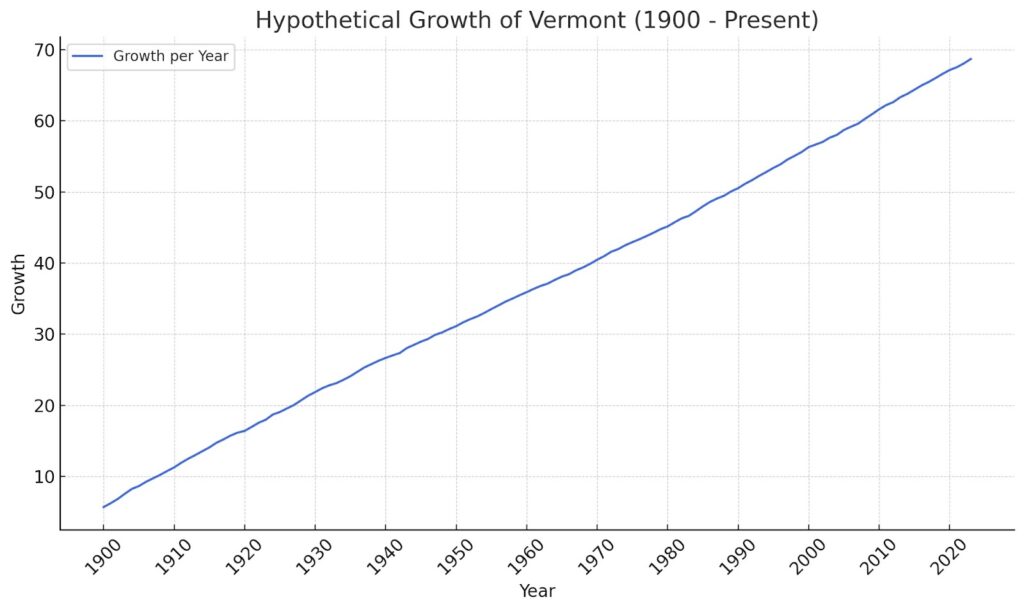
Vermont Population Size vs All 50 States
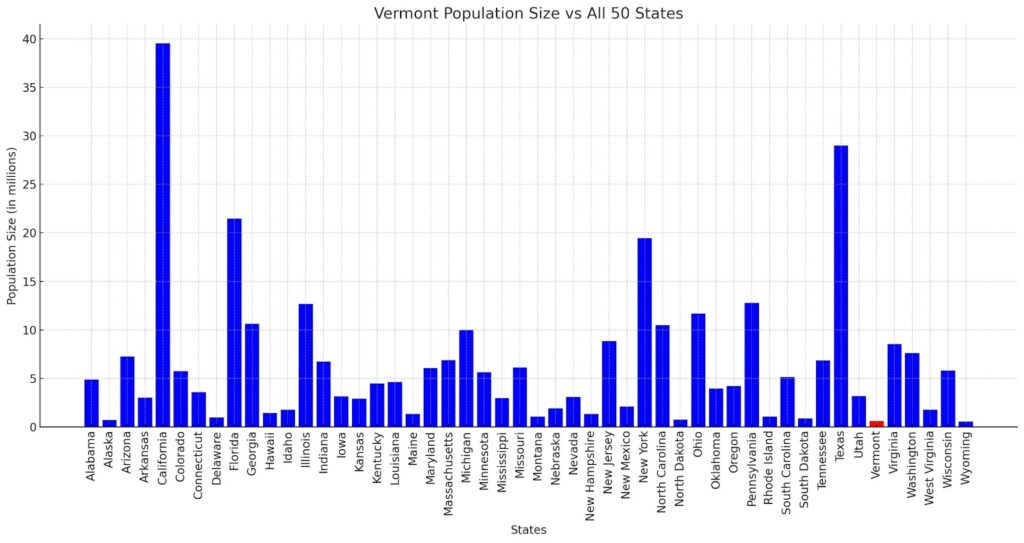
Conclusion
Vermont’s largest cities each offer a unique blend of history, culture, and community, reflecting the state’s diverse and dynamic character. From the small-town charm of Montpelier to the bustling urban energy of Burlington, these cities showcase Vermont’s commitment to preserving its heritage while embracing innovation and progress. As Vermont continues to evolve, its cities serve as testaments to the state’s enduring spirit and dedication to creating vibrant, inclusive communities.
Through their distinct attributes and contributions, these cities collectively embody the essence of Vermont, inviting residents and visitors to experience the state’s rich tapestry of traditions, natural beauty, and community spirit. Whether exploring historical landmarks, engaging with local arts and culture, or immersing oneself in the region’s scenic landscapes, Vermont’s cities offer a multifaceted journey that celebrates the state’s past, present, and future.
Last modified: February 29, 2024

